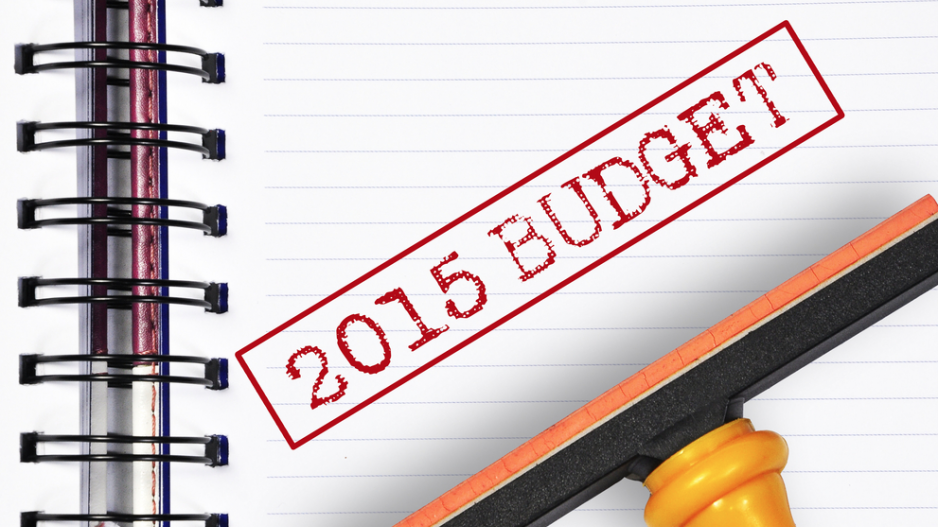Business groups may be cheering the federal government’s pledge to lower taxes for small businesses, but economists say it’s a bad idea.
In the federal budget tabled April 21, the government is committing to lower the small business tax rate from 11% to 9% over five years. The Canadian Federation for Independent Business has lobbied for the change for several years.
But it’s unlikely the change will be prove to be much of a job creator, said Kevin Milligan, an economics professor at the University of British Columbia.
“The way we have our taxes [set up] in Canada, many people set up a personal corporation that qualifies for the small business rate simply to avoid taxation at the personal level,” Milligan said.
“So every doctor in the country has one set up, and there’s good evidence that suggests that a lot of people aren’t mom-and-pop small businesses.”
Lowering the rate further is only going to increase the already wide tax gap between small and larger companies, said Jock Finlayson, chief economist with the Business Council of British Columbia.
Dropping the tax rate to 9% will mean small businesses in B.C. will pay a combined federal and provincial tax of just 11.5%, compared to the 26% larger businesses pay.
That provides an incentive for businesses to stay under the $500,000 profit threshold, and that’s bad for Canada’s overall economy, argued Finlayson.
“Our problem is not that we have enough small companies. Our problem is that we’re drowning in them,” Finlayson said. “Large companies drive most of the exports, they do most of the R&D, they pay their workers higher wages and benefits.”
Small businesses do need help, said Milligan, but he believes simplifying their administrative burden — the HST is an example — would be more beneficial, as would reducing tariffs and simplifying imports and exports.
While business groups have also cheered this budget’s small $1.4 billion surplus, Finlayson warned that tiny cushion could disappear if the government’s projections that the economy will improve in the latter half of 2015 don’t come to pass.
The falling price of oil has hit Canada’s economy hard and effects continue to reverberate. While Canada’s economy isn’t in recession, the Bank of Canada reported zero growth in the first quarter of 2015.
“There is a risk and it’s not 5%, it’s probably more like 30 or 40%, that the economy is going to underperform the growth projections that are embedded in this budget,” Finlayson said.
“And if that’s true then there won’t be a surplus.”
@jenstden




